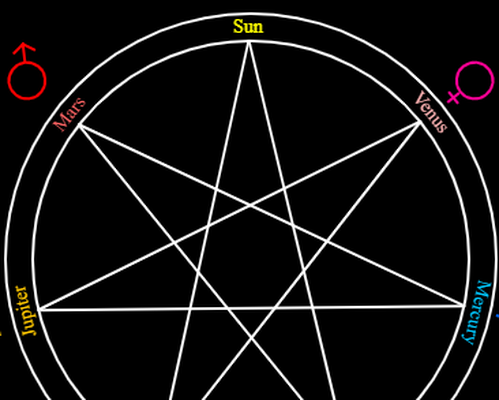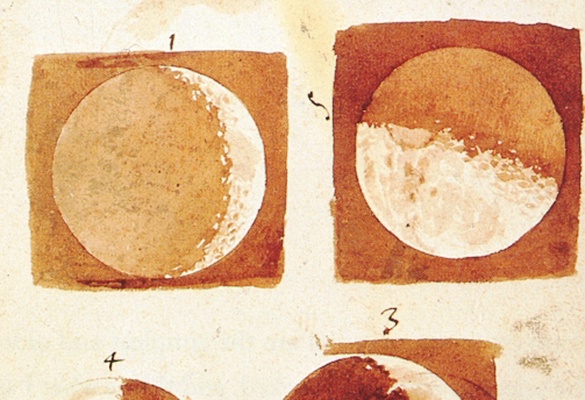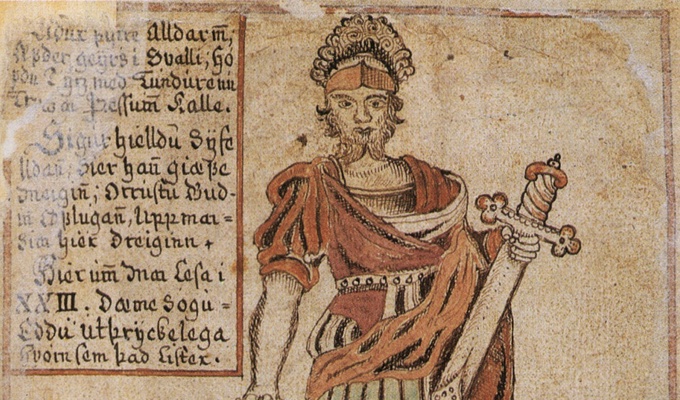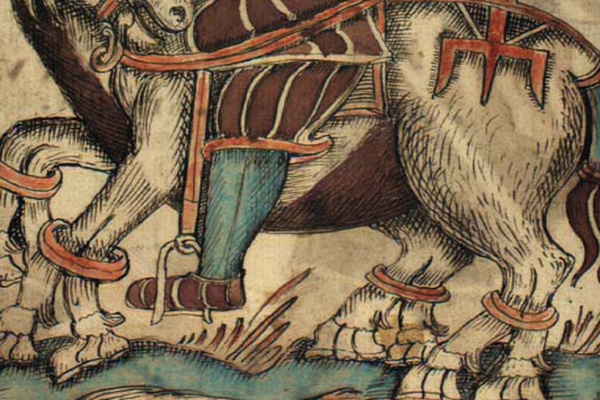In many languages, the names given to the seven days of the week are derived from the names of the classical planets in Hellenistic astronomy, which were in turn named after contemporary deities, a system introduced by the Sumerians and later adopted by the Babylonians from whom the Roman Empire adopted the system during Late Antiquity. In some other languages, the days are named after corresponding deities of the regional culture, beginning either with Sunday or with Monday. The seven-day week was adopted in early Christianity from the Hebrew calendar, and gradually replaced the Roman nundinal cycle as the new religion spread. Sunday remained the first day of the week, being considered the Lord's Day, while the Jewish sabbath remained the seventh. Emperor Constantine adopted the seven-day week for official use in AD 321, making the Day of the Sun a legal holiday.
In the international standard ISO 8601, Monday is treated as the first day of the week.





